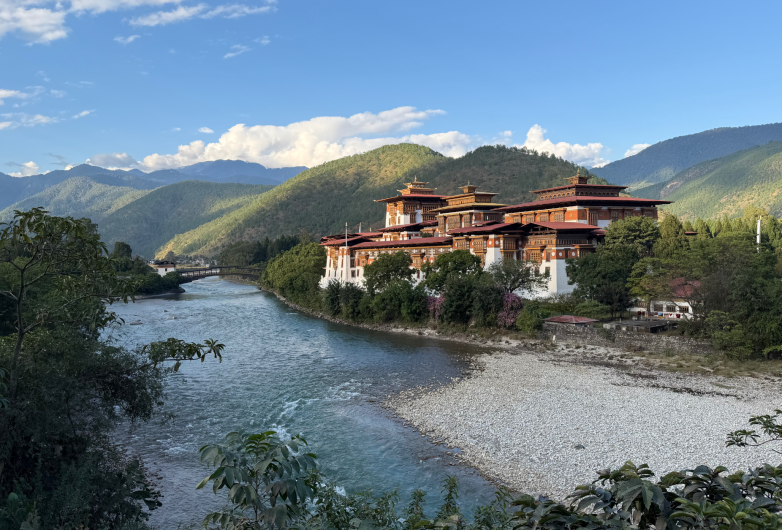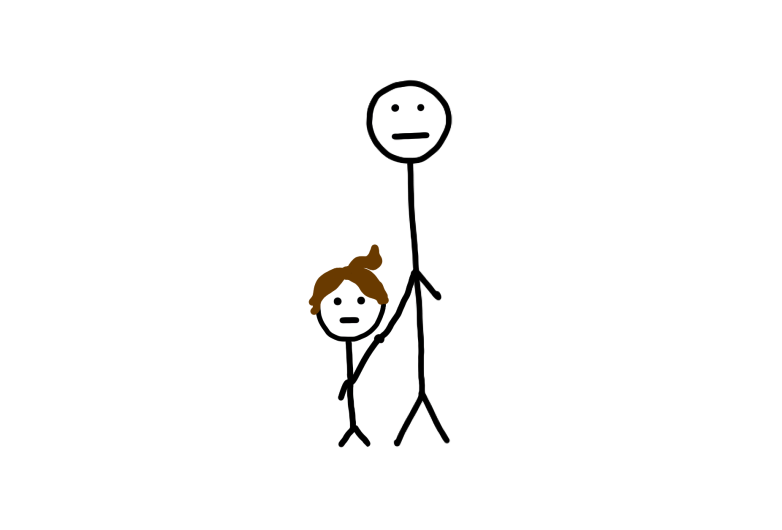One of the questions in the mailbag post from earlier this year was from an Australian named Beau:
What are your thoughts on routine infant circumcision, beneficial procedure or human rights violation?
Here was my answer:
If I take a step back and look at this from first principles, I start by looking up whether the procedure is important for health reasons. When I find out the answer is probably not, it becomes pretty clear that circumcision is nothing other than a primitive, religious practice of genital mutilation that for some reason is common today. It makes no sense, and once we all stop doing it, it’ll seem like an absurd custom of the past. I had friends recently go through this decision with their new baby, and every argument went against circumcision except one: not circumcising their son would make him different than most of the other guys in his world in a part of life where being different can be mortifying, especially as either a little kid being made fun of by his friends or an already-sexually-insecure teenager. They went with circumcision. And I get it. But it makes no sense, aside from the fact that we’re all doing it (at least in the US). Can we just all agree to stop it with new babies?
I got a lot of emails about this answer—some agreeing with me, others criticizing my dismissal as irresponsible or ill-advised. Here was one such email, from a reader named Mike:
As a medical student, I just wanted to mention something about your circumcision mailbag response. I went to Swaziland a couple summers ago for a medical trip, and our primary role there was to circumcise males of all ages. The reason being that Swaziland has the highest rate of HIV in the world, and male circumcision has been shown to decrease the transmission of the virus. Some of my classmates and I have recently submitted a paper for publication on the topic, and we’ve done lots of research about male circumcisions. Below are a few background research papers if you are interested, but they are boring. Here’s the gist:
This week, I was reminded of the topic when I read an article written by Alison Block, a Jewish mother/doctor—one who has performed many circumcisions herself—about why she and her husband have decided not to circumcise their soon-to-be-born son. Here’s an excerpt:
When I became a family doctor, I performed dozens of circumcisions during my residency training. The procedure was straightforward and seemingly not very painful to the baby.
The parents in the room were self-selecting—the too-emotional moms and fainting-prone dads would stay in their hospital rooms, but some parents, the curious or the overbearing, would stand next to me, watching as I took their sons’ cosmetic genital fate into my hands. Some babies cried, and some did not, and the whole procedure took five minutes, ending with a grand reveal of the shiny new genitalia, a giant gob of Vaseline, and a sheet of paper about aftercare.
The question of whether or not to circumcise was not one I had ever heard discussed before I moved to Northern California, where I began to interface with “intactivists” dressed up in foreskinned penis costumes at farmers’ markets. Before I had children, the controversy over neonatal foreskin removal, like most mommy wars, seemed a bit silly and over-hyped. Kids are resilient, they won’t remember it anyway, what’s the big deal?
Then I became a mother, experienced the inevitable bloom of parental empathy, and turned into a giant ball of mush. When it came to other people’s children, I could still think and act rationally. I would counsel friends and patients about the importance of staying strong during sleep training and daycare drop-offs, all the while nursing my daughter throughout the night and struggling to leave her with a nanny.
So too with circumcision. I understood it from a cultural, historical, and traditional perspective. I could see the medical benefits, the decreased infection risks, and simplified hygiene rituals. I had no problem with other people circumcising their kids, or even performing the procedure myself. And yet the idea of consenting to an elective surgery on my newborn’s genitalia made my skin crawl and my stomach churn.
My husband was not particularly helpful in untangling the dilemma, always carefully weighing risks and benefits rather than coming down on one side or the other. When I asked him how he felt about our son looking like him, he simply responded, “Why would I care about that?” to which I could never find a good answer, as it is not particularly important to me that my daughter’s vulva resemble my own.
And then, of course, there was the question of my parents. If we decided not to circumcise, how could we tell a pair of 70-year-olds Jews, raised in the shadow of the Holocaust, that we intended to break with thousands of years of cultural tradition and sacrifice, just because of a hippie inkling?
I spent the next four months of my pregnancy agonizing over the decision. I stayed up late reading online forums on the Berkeley Parents’ Network about how people have reconciled their Jewish roots with their more radical adult selves. I sought wisdom from countless friends and colleagues. On my commute to work, I would play the conversation with my parents in my head, which often escalated into silent internal screaming matches and long fictional estrangements, all in my mind.
I consulted with our hippie, drag queen, Northern Californian rabbi about the issue, and he spoke of feminism and cultural change as reasons not to circumcise. I arranged an anonymous phone meeting with my parents’ traditional, Reform, New York City-based rabbi who stated in no uncertain terms the importance of bringing our son through this rite of passage. He quoted the reasons that had become all-too familiar to me over the prior months. What would happen in the locker room? How would he feel about looking different from his dad? How would he feel connected to the Jewish religion? How would we ever explain it to him if he came to us, at 15, asking why we hadn’t circumcised him?
I realized suddenly that none of these arguments resonated with me. I worried more about the opposite—how would we respond if he came to us at 15 asking us why we had made the decision to circumcise him? I brought this up to my husband who responded, without irony, “We’d just tell him it was what everyone was doing.” We both paused for a moment, allowing that comment to echo in our ears, and then burst out laughing at the absurdity of justifying a decision to our son with such a terrible life lesson.
After the last of these conversations, I felt my mind was made up. I didn’t want to circumcise my son.
This article reminded me what a tricky issue this is—and it’s one that confronts millions of new parents every year. So let’s bring it to the Dinner Table.
What do you think?
_____
You can sign up for the Dinner Table email list here to be notified about the new topic each week, and remember to submit future topic suggestions to [email protected].
Also, there will be no Dinner Table over Thanksgiving—back December 4th.





